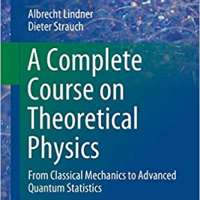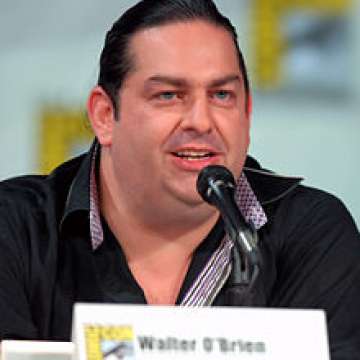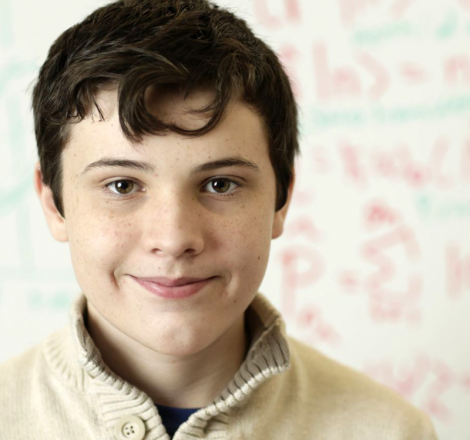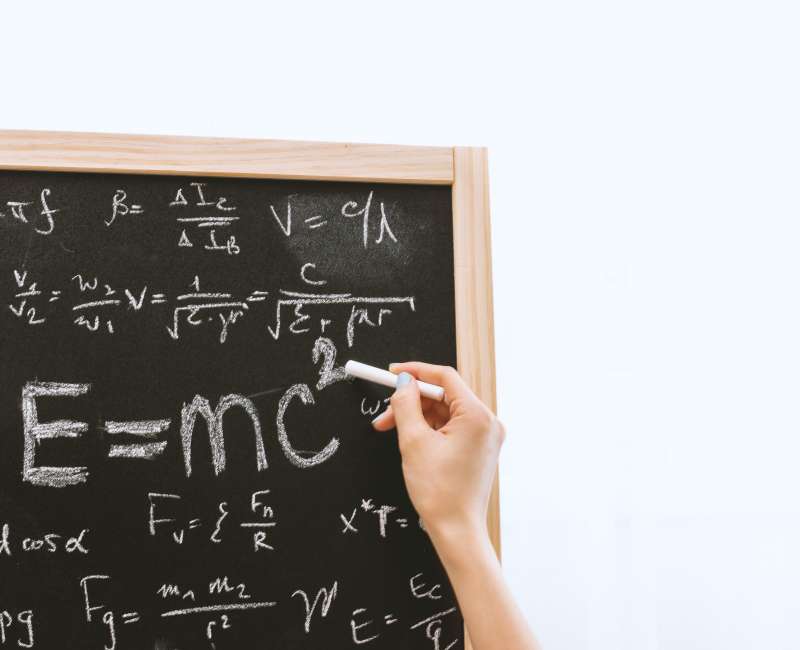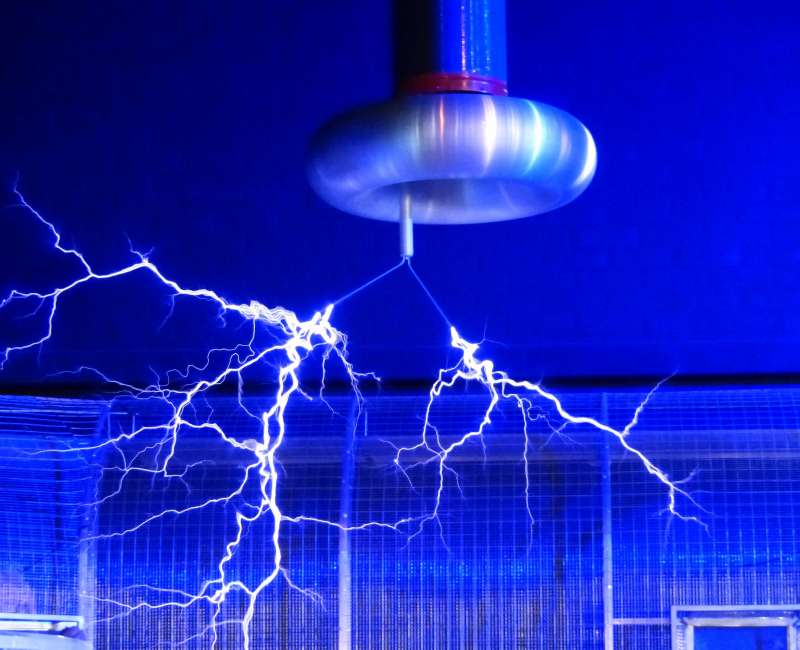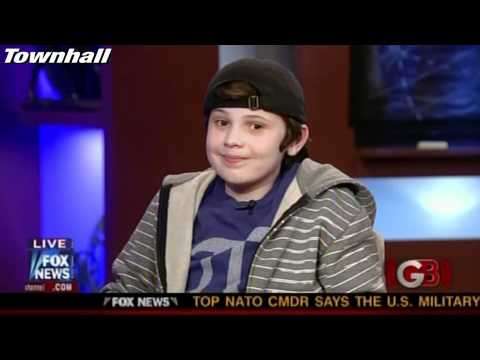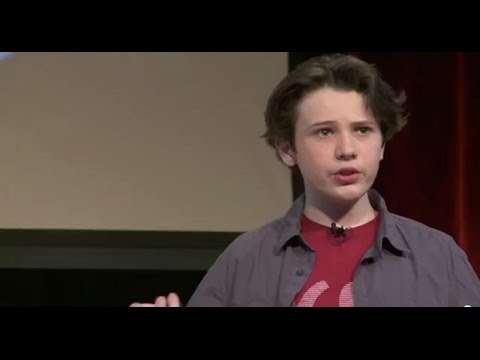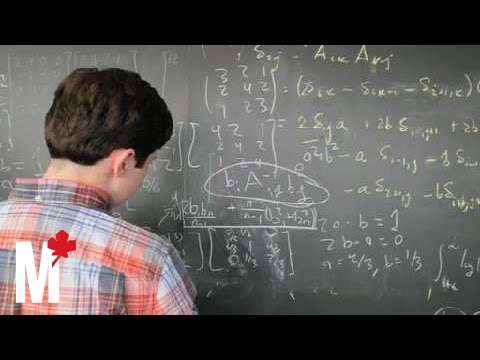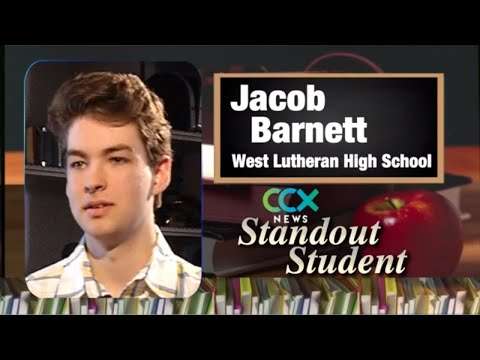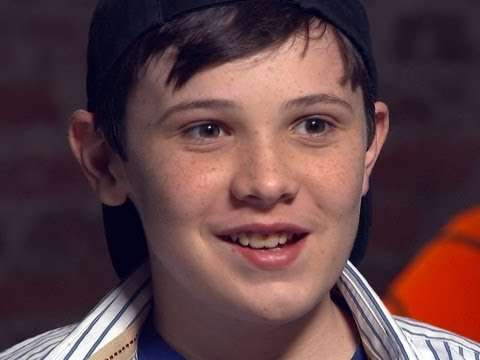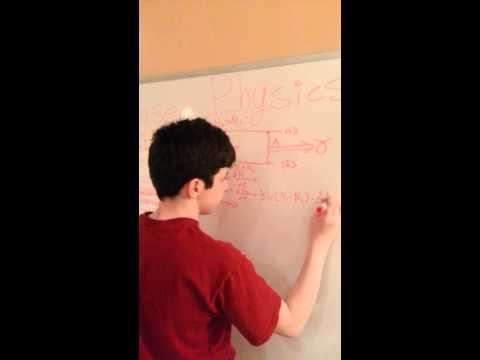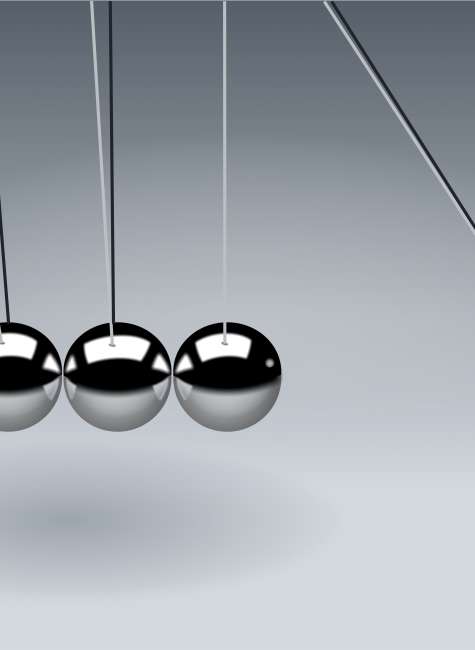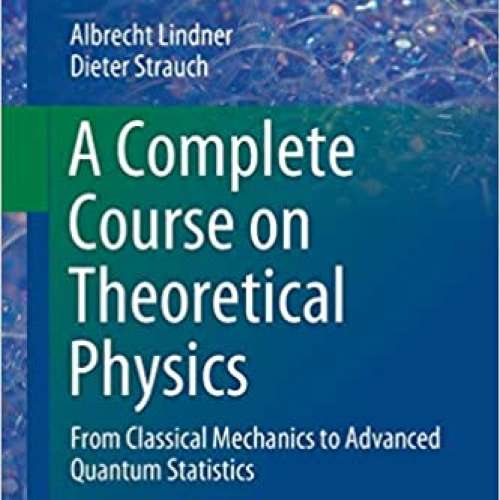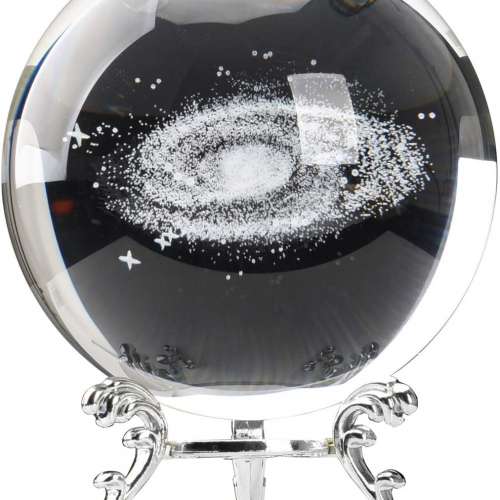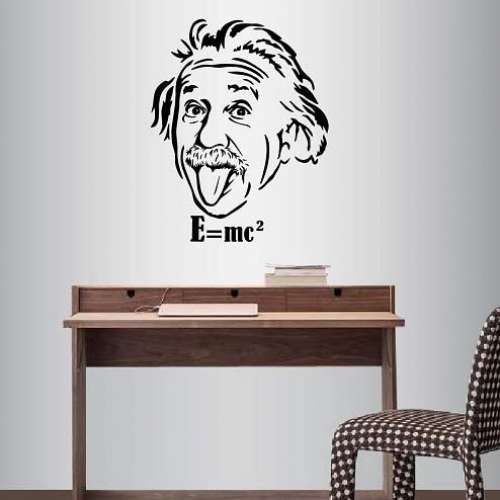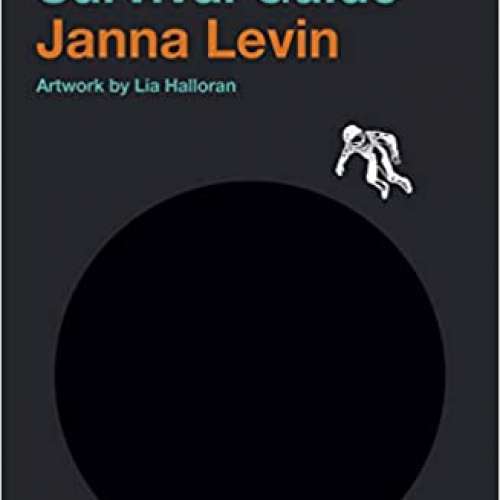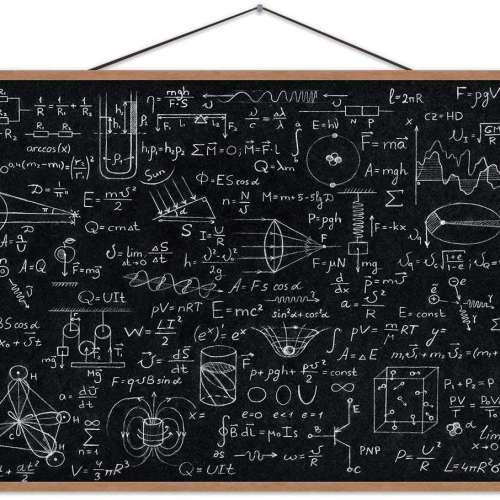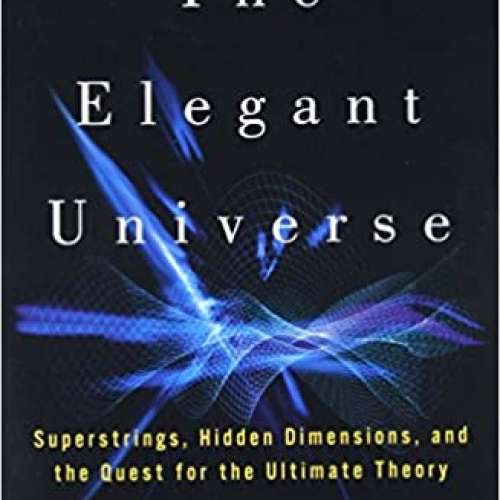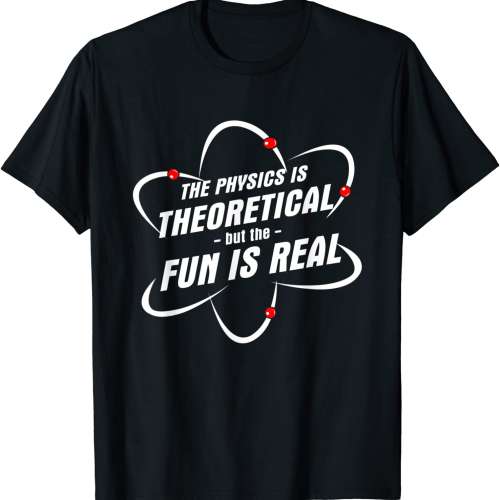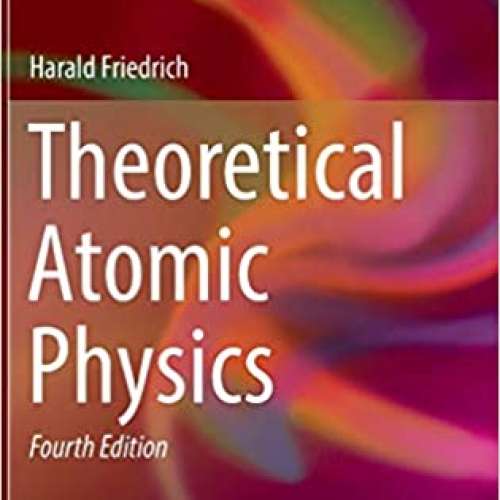

Jacob Barnett
Meet Jacob L. Barnett, an exceptional American astrophysicist and mathematician from Indianapolis. Diagnosed with moderate to severe autism at age 2, he defied the odds by achieving an IQ of 170 and becoming a member of Intertel and Mensa.
Jacob L. Barnett from Indianapolis is an American astrophysicist and mathematician, who joined the Indiana University without going to school.
Jacob Barnett was diagnosed with moderate to severe autism at age 2. He would have an IQ of 170 and had joined Intertel and Mensa. He studied in private with his parents. At age ten, he enrolled in Indiana University without going through school, having learned the majority of his school's math curriculum in two weeks. At twelve, Barnett claimed via the media to have refuted Albert Einstein's theory of relativity and that he had extended it.
Instead of being a student of a (given) field, I would like you to be the field.
The media also report that he had developed a new theory of astrophysics and that he was on his way to a Nobel Prize. But his claimed theories have never been published, nor subjected to expert validation, while all the tests of relativity have verified Einstein's theory. After these media appearances, his mother wrote a book on kinship (The Spark: A Mother's Story of Nurturing Genius), and a psychologist wrote a book about the child prodigies who featured him. After comparing himself to Albert Einstein and Isaac Newton, Barnett said he had solved a problem and "created an original theory of astrophysics", but yet there had been no peer review of the ideas of Barnett.
On a local news item on ABC affiliate WEWS-TV, Barnett said he believed that a theory different from conventional relativity must be necessary because light must have non-zero mass in order to conserve energy and mass-energy equivalence. However, according to basic university physics, photons, the constituent particles of light, already possess non-zero (relativistic) mass in conventional relativity, so that energy is conserved, without the need for modifications or d 'extensions of the theory. In short, the predictions of standard theory correspond to experimental data from several fields of physics to many orders of magnitude, without requiring modifications.

A CTV News story claimed without evidence that Barnett "built a series of mathematical models that expand the scope of Einstein's theory of relativity, which was described by a Princeton University professor as revolutionary." Barnett did not refute Einstein and was not considered for a Nobel Prize, other sensationalist claims made in these stories were false.

A story first appearing in The Indianapolis Star, and later in The Blaze, Huffington Post and elsewhere, claimed that Barnett was working to disprove the Big Bang theory. At the age of 15, he became a student at the Perimeter Institute for Theoretical Physics in Waterloo in Ontario, Canada and received his master's degree at the end of 2014. He is now a doctoral student at this institute under the direction of Lee Smolin.






